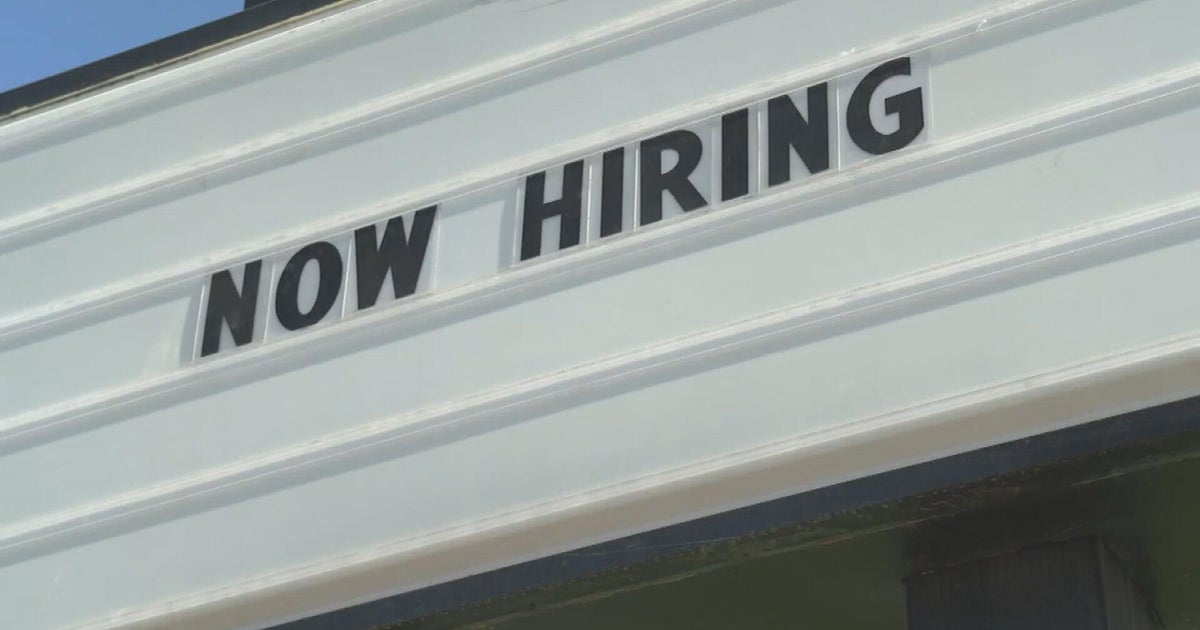Generation Z Is About To Completely Change The U.S. Workforce
Follow KDKA-TV: Facebook | Twitter
CBS Local -- The U.S. workforce is about see one of the biggest influxes of new talent in several decades; however, experts say Generation Z will also drastically change the way American companies do business in the future.
The Details:
- Members of Generation Z are now entering the U.S. workforce
- There are around 61 million Americans born from 1996-2010
- Most of Generation Z has never lived in a world without smartphones
- Recruiting firms say Generation Z has a very different set of values than their parents do
According to consulting firm BridgeWorks, there are 61 million members of the generation born between 1996 to 2010 living in the United States. Generation Z, also called the iGen or Digital Natives, is a larger portion of the population than Generation X and about two-thirds the size of the baby boomer generation.
With this massive group of young Americans starting to graduate from college, U.S. companies are reportedly preparing to welcome a generation that has a uniquely different outlook on the world than their parents do.
"They're a generation that, in many cases, can't remember a life without a smartphone in their hand — and they have no memory of the 9/11 attacks, beyond the classroom," a report from MSN explained. The mood of "Gen Z" is also significantly impacted by what others on social media think of them, according to experts.
"Gen Z's self-worth is affected by social media more than any other generation. A stunning 42% of iGen feels that social media has a direct impact on how they feel about themselves," a study by The Center for Generational Kinetics (CGK) reported.
Although these 61 million Americans may seem as emotionally detached as millennials are accused of being, the strategy firm added that Gen Z is actually much more concerned about their future in the workforce. "These Gen Zers have seen their parents struggle financially [due to the recession and student loan crisis]... They're having conversations older generations never really had before," CGW founder Denise Villa said.
While these young adults have had more conversations about money and saving for retirement, recruiters say the Gen Z mentality doesn't revolve around money. "They want to have a purpose in their work," Larry Nash of recruiting firm EY told The Wall Street Journal. Nash added that his firm's survey of young workers found that office culture and giving back to the community were key priorities for Generation Z.
The biggest stumbling block companies are reportedly finding with their new recruits is person-to-person communication skills. The generation that has primarily learned to communicate through emojis and text messages is said to lack many of the office skills their parents have.
Companies are having to train young adults to do many things older Americans take for granted, like writing emails and handling phone calls. "They want to come in and do a really good job; they just need skills we grew up with that they didn't," Denise Villa added.







